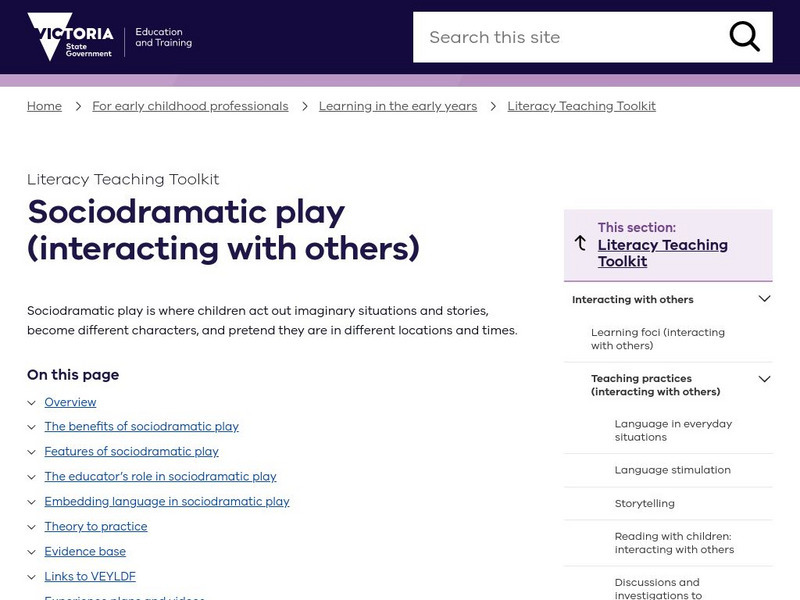Hi, what do you want to do?
Curated OER
Kitchen Math - Levels I & II
Identify appropriate abbreviations, food-measurement terminology, techniques, equivalents, and calculate recipe-size adjustments and demonstrate proper measuring techniques. Identify abbreviations Compute equivalents Identify measuring...
Curated OER
Stomach Chemistry
Fifth graders compare physical and chemical changes. They perform a simulation experiment/activity that replicates what happens in the stomach as food is digested by stomach acids.
Curated OER
Time Capsule
First graders collect data in the fall and again in the spring. they use the data from both seasons to compare and contrast changes over time. They put the data from the fall into a box or "time capsule." The teacher encourages students...
Curated OER
Breaking News English: Japan's First Mad Cow Disease Death
In this English worksheet, students read "Japan's First Mad Cow Disease Death," and then respond to 10 multiple choice, 47 fill in the blank, 7 short answer, 20 matching, and 8 true or false questions about the...
Curated OER
How Do You Feel Today?
Students create a graph, then listen to Dr. Seuss' book, My Many Colored Days. After the story, they do a similar graph and then compare the two graphs.
Curated OER
Dude, You Gotta Move
In this biomes worksheet, students create a project about biomes after completing online research with websites given. Students complete 4 steps in completing their project.
Curated OER
Cruising the Caribbean
Seventh graders create four postcards that illustrate an island on the Caribbean.
Curated OER
Sound Waves
Sixth graders discover how sound is made from vibration and moves in all directions from the source in waves. They see that sound waves can be "seen" if they are translated into light. An excellent experiment is imbedded in this lesson.
Curated OER
Rock Cycle SIOP Unit
Students collect rocks, identify them, classify them, investigate their properties, and more. In this rocks lesson plan, students also experiment with soil and erosion and weather.
Curated OER
Animal Encounters
Young scholars use their visualizing and interpreting skills to produce original writings and artwork.
Curated OER
Going Places
First graders study directional words such as North, South, East, West, up and down.
Curated OER
Water Magicians
First graders observe water changing states from a solid to a liquid to a gas. They predict what they think happen to ice cubes as they sit out. They paint water with paintbrushes outside the classroom in the sun and watch the water...
Curated OER
Firstgov for Kids
Students examine kids.gov, FirstGov for Kids website, which provides links to both Federal kids sites and sites from other organizations. They complete a worksheet by finding answers at the website.
Curated OER
Who Writes History?
Students examine why certain historical figures get credit for their accomplishments while others are forgotten. They read and discuss two informational handouts, discuss why people remember Columbus even if he was not the first person...
Curated OER
Environment: Going Places
First graders learn directional words and apply this skill to map making. They record their steps on paper.
Curated OER
2nd Grade - Act. 07: What Makes a Good Family?
Second graders discuss what makes a good family.
Curated OER
Nonprofit and Profit Careers
Students examine the difference between profit and nonprofit organizations. They identify careers that are available in each sector as well. They develop their own questions and interview people who are in those careers.
Wikimedia
Wikipedia: Government
This Wikipedia encyclopedia site examines a wide range of different forms of governments that have been suggested and/or used in practice. Topics include anarchism, autocracies, meritocracies, monarchies, democracies, republics,...
Mocomi & Anibrain Digital Technologies
Mocomi: Types of Government
Explains the characteristics of seven different types of government. Includes a group activity.
iCivics
I Civics: Who Rules?
Learn about the different forms of government that exist, including democracy, autocracy, oligarchy, and others. Compare and contrast these forms, and look at real-life examples in the world today.
Center For Civic Education
Center for Civic Education: What Is a Republican Government?
The founding fathers studied different forms of government throughout history to come up with the best form of government for our new nation. They decided a republic suited our nation the best. Find out the advantages of this type of...
Center For Civic Education
Center for Civic Education: The Federal System Created by the Constitution [Pdf]
In this lesson, young scholars will learn how the Constitution established a new way to organize a government, called the federal system. When finished this lesson, students should be able to explain what a federal system is and how it...
Other
Are We a Democracy or a Republic?
An essay on the present political state in America contending the country is leaning further towards a republican form of government instead of a democracy. Defines and explains the major differences between democracy and republicanism...
Other
Victoria State Government: Sociodramatic Play (Interacting With Others)
Sociodramatic play is where children act out imaginary situations and stories, become different characters, and pretend they are in different locations and times. Sociodramatic play is the most advanced form of play, and constantly...



























